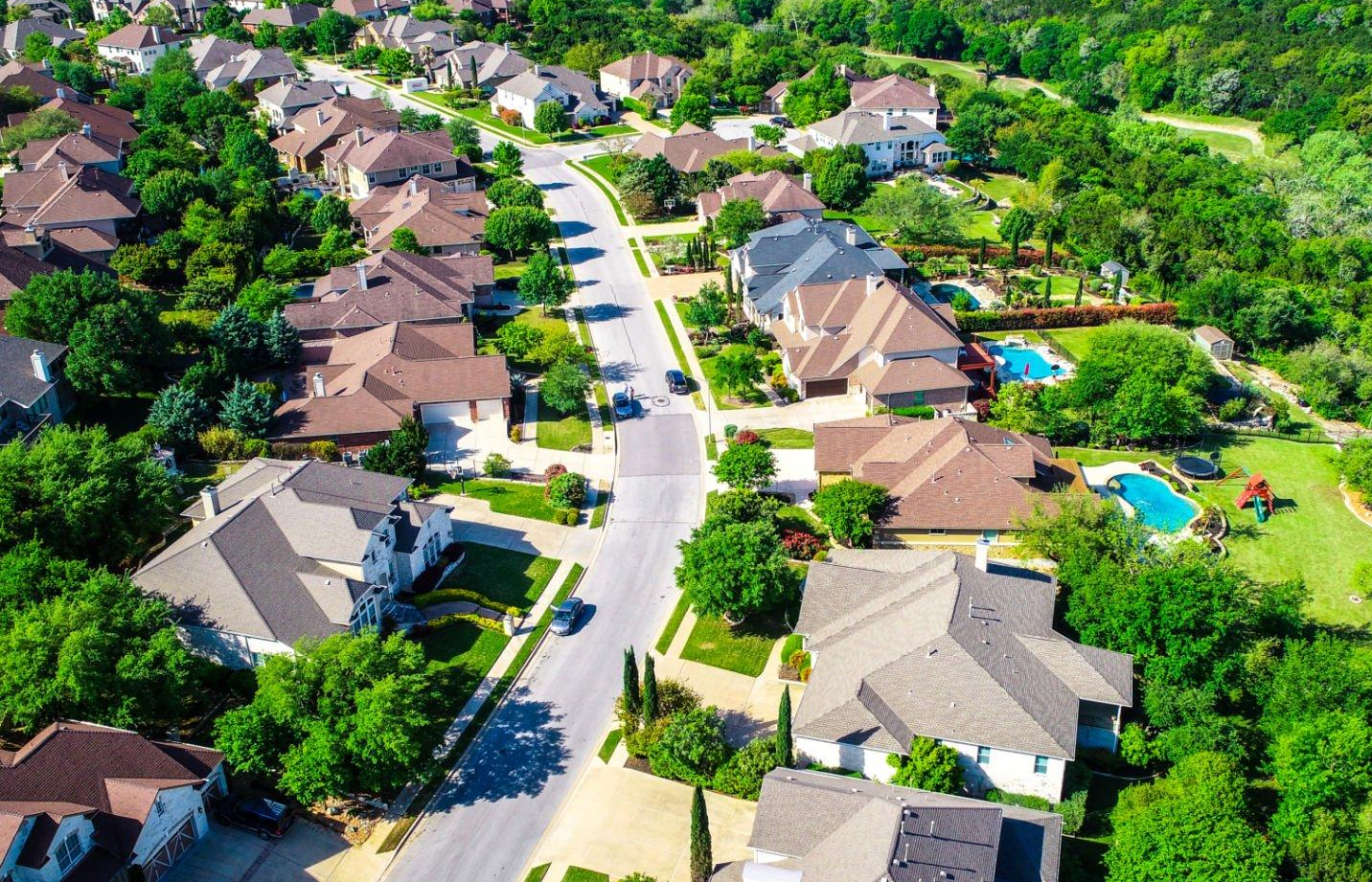
For years, Austin, Texas has been a top relocation destination for Californians, New Yorkers, and folks from all over the country looking for warm weather, a vibrant culture, and—until recently—affordable living. But with the city’s popularity has come growth, and with growth comes rising prices. So let’s talk about it: is Austin still affordable?
Housing Costs: The Biggest Factor
It’s no surprise that the biggest cost in Austin is housing. While it’s still more affordable than Los Angeles or San Francisco, prices have climbed significantly. As of mid-2025:
- The median home price in Austin is around $455,000.
- Rent for a one-bedroom apartment averages $1,600–$2,000/month, depending on the neighborhood.
- Suburbs like Pflugerville, Manor, and Buda offer slightly lower prices while still providing access to Austin’s amenities.
That said, with mortgage rates softening again and increased inventory across the metro, now could be a sweet spot for buyers. Working with the best realtor in Austin can help you find value and negotiate effectively.
Utilities and Energy
Texas generally has lower energy prices than other parts of the country, but Austin Energy rates have fluctuated with weather extremes and demand. For a typical 2,000-square-foot home, monthly utilities (electric, water, trash) average around $200–$300, depending on the season.
Groceries and Dining Out
Groceries in Austin are close to the national average. Popular chains like H-E-B and Trader Joe’s help keep food budgets manageable. If you enjoy eating out, Austin is packed with options—from food trucks to fine dining—but it’s easy to spend $15–$25 per person even at casual spots.
Transportation: Car-Centric City
While downtown Austin is becoming more walkable and bike-friendly, the city is still mostly car-dependent. Gas prices are typically lower than the national average, and many employers offer remote work or hybrid options that reduce commuting. Keep in mind:
- Car insurance in Texas tends to be cheaper than the national average.
- Traffic can be a challenge during peak hours, especially on I-35 and MoPac.
Taxes: A Win for Your Wallet
Here’s one big perk: Texas has no state income tax. That’s a huge win for professionals and business owners relocating from higher-tax states. However, keep in mind that property taxes are higher to offset that loss, typically around 2–2.5% of a home’s value per year.
Lifestyle and Entertainment
Austin is full of free and low-cost entertainment. Live music, festivals, outdoor adventures at Barton Springs or Zilker Park, and year-round cultural events offer plenty to do without breaking the bank. Monthly memberships (like gyms or yoga studios) vary widely but are competitive with other major cities.
So, Is Austin Expensive?
Compared to where you’re moving from, Austin may feel more or less expensive. It's certainly pricier than it was a decade ago, but many still find the trade-off worth it for the quality of life, career opportunities, and vibrant community.
Affordability also depends on your lifestyle, goals, and where in the metro area you choose to live. Working with a best realtor in Austin means you’ll get real, honest insight into neighborhoods, cost expectations, and where you’ll feel most at home.
Let’s Find a Home That Fits Your Budget
Looking to relocate and wondering where your money goes furthest in Austin? Brendan Sanford offers relocation consultations to help you land in the right neighborhood with the right investment.
📱 Call or text: (512) 696-0673
📧 Email: [email protected]
Austin’s waiting—and it might be more within reach than you think.